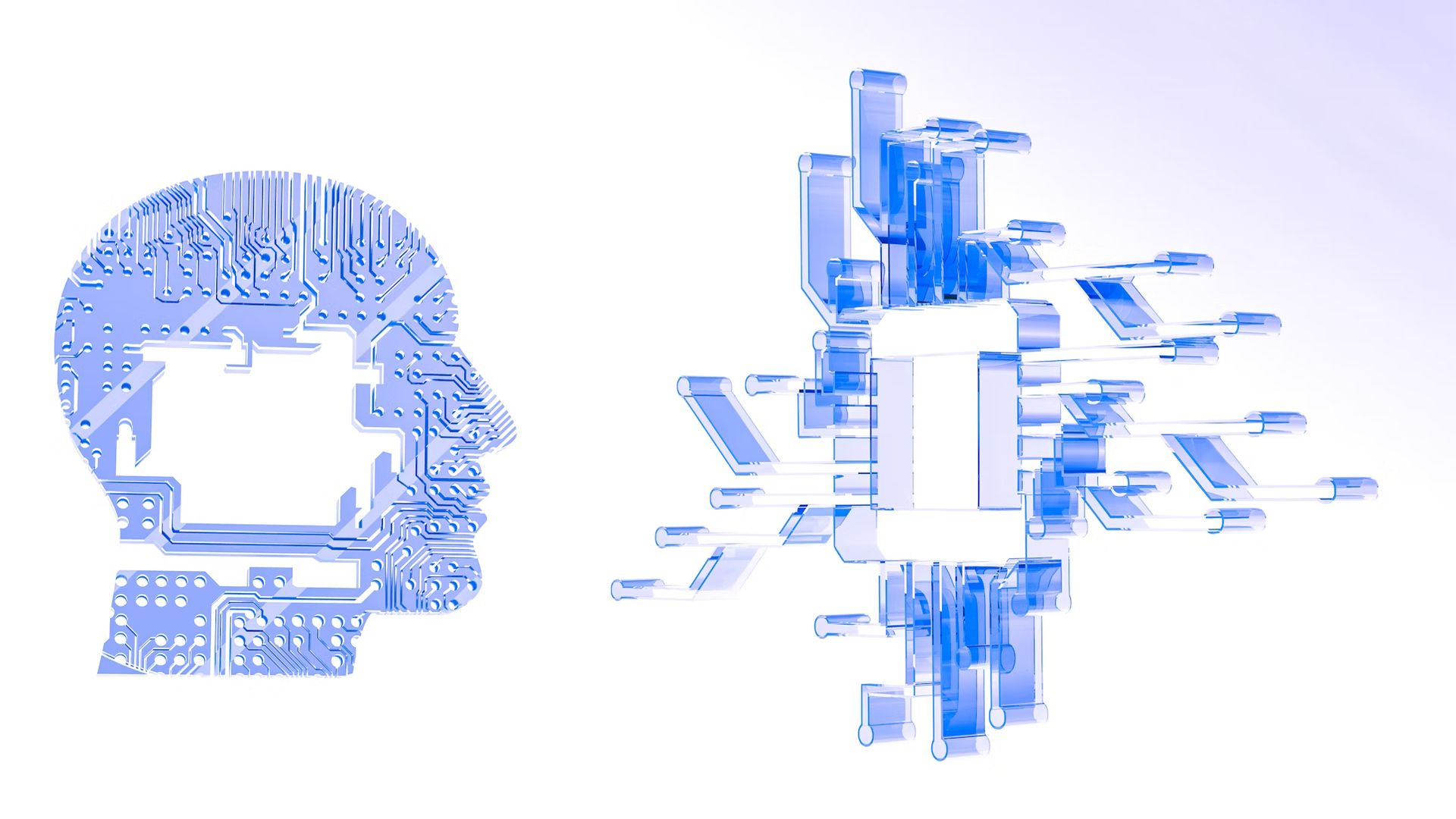Apple is initiating its venture into generative AI by first processing intricate queries using M2 Ultra chips within data centers, with a future strategy to upgrade to the more sophisticated M4 chips. Recently, Tim Cook hinted at Apple’s generative AI during an investor call.
According to Bloomberg, Apple aims to deploy the M2 Ultra chips on cloud servers for intricate AI tasks, while simpler operations will be managed locally on devices.
The Wall Street Journal had earlier reported on Apple’s intent to develop bespoke chips for data centers—a project reportedly named Project ACDC, or Apple Chips in Data Center—primarily for enhancing security and privacy. However, Apple now assesses that its current processors are already equipped with adequate security and privacy features.
These chips are slated for use in Apple’s own data centers and are expected to eventually be utilized in third-party servers. Apple operates several server facilities across the U.S. and is currently developing a new center in Waukee, Iowa, initially announced in 2017.

A tough race
Although Apple has progressed more slowly in generative AI compared to competitors such as Google, Meta, and Microsoft, it continues to make strides in research related to the technology. In December, Apple’s machine learning research team unveiled MLX, a framework designed to optimize AI model performance on Apple silicon. Additionally, the company has released various studies on AI models, providing insights into the potential future of AI on its devices and possible enhancements to existing products like Siri.
During their latest keynote, Apple announced that the new M4 chip features a CPU with up to 10 cores and a 10-core GPU, improving upon the technology found in the previous M3 chip. New additions such as Dynamic Caching, hardware-accelerated ray tracing, and mesh shading have been introduced to the iPad, significantly enhancing its graphics and overall performance capabilities. The M4 chip also includes Apple’s most advanced Neural Engine to date, capable of executing up to 38 trillion operations per second, outperforming any existing AI PC.
The integration of this sophisticated technology with enhanced memory bandwidth and cutting-edge machine learning accelerators in both the CPU and a high-performance GPU renders the new iPad Pro exceptionally capable for handling AI-driven tasks.
Featured image credit: Stephen L/Unsplash





